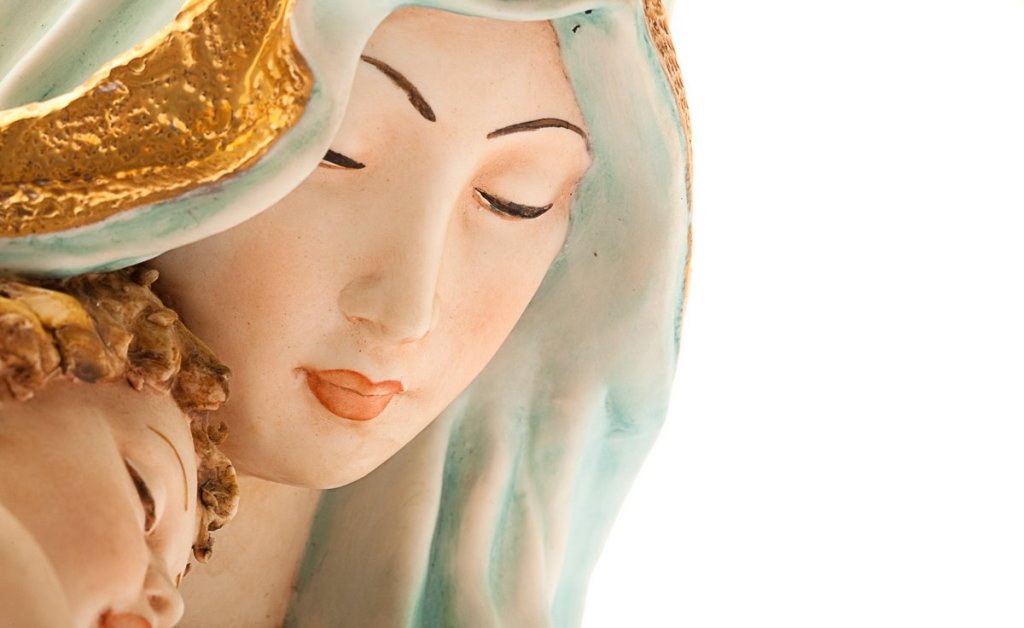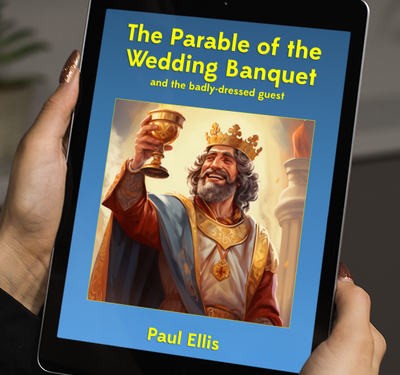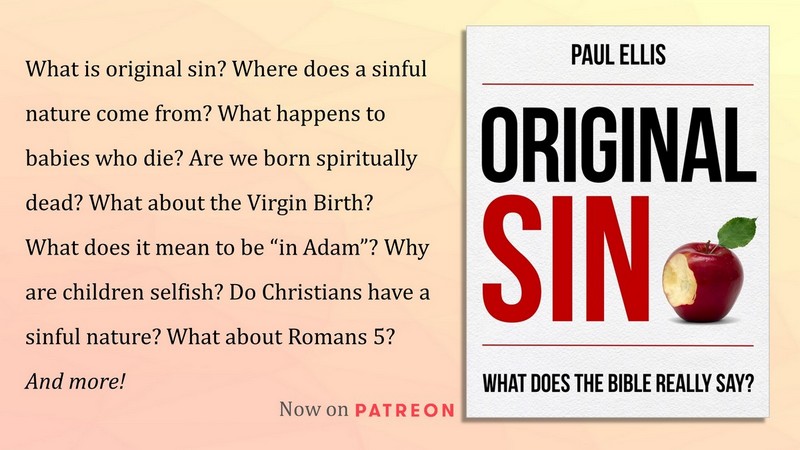One of the questions asked at Christmas is, “Was Jesus really born of a virgin?”
Is this an important question? Some say no. They say they do not need to believe that Jesus was born of a virgin to believe that he is the Savior.
But the virgin birth matters a great deal, for at least three reasons.
First, the prophets said the virgin birth would be a messianic sign:
Therefore the Lord himself will give you a sign: Behold, a virgin will be with child and bear a son, and she will call his name Immanuel. (Isaiah 7:14)
In the history of the world, there have been billions of births but only one virgin birth. The virgin birth proves that God is with us and not against us (Matt. 1:23). It proves that Jesus came from holy God and not sinful Adam.
Second, John the Baptist said Jesus was the Lamb of God who takes away the sins of the world (John 1:29). Jesus could only do that if he came from outside the world. A sinful son of Adam could not carry our sins, but a Son of God can.
Third, we needed a High Priest untouched by sin (see Heb. 4:15, 1 John 3:5), and a virgin birth provides one.
Such a high priest truly meets our need – one who is holy, blameless, pure, set apart from sinners, exalted above the heavens. Unlike the other high priests, he does not need to offer sacrifices day after day, first for his own sins, and then for the sins of the people. He sacrificed for their sins once for all when he offered himself. (Hebrews 7:26–27, NIV)
Remove the virgin birth and we are left with doubts. Is God really with us? Is Jesus really the sinless Savior? Did he carry all our sins?
Who was Jesus’ mother?
How was Jesus the Son of God “fully human”? The traditional answer is he had a human mother. But this creates two problems. First, any human parent would taint the sinless Savior with original sin – if there was indeed such a thing as original sin. Second, only one human parent implies that Jesus was merely half-human, like Commander Spock from Star Trek.
Theologians are nothing if not inventive so they deal with the first problem by saying original sin is a uniquely male disease. Joseph had it; Mary didn’t. Which means we don’t really need Jesus because Mary could’ve been our sinless high priest.
And they deal with the second problem by… well, actually, they don’t deal with the second problem at all. They just ignore it.
The Son of God was fully human because the Creator who made First Adam was quite capable of making Last Adam. Jesus had no mother, at least not in the biological sense. Jesus is the eternal God, the Creator of all including Mary (John 1:1, Col. 1:15–16).
Just as Joseph contributed no DNA to the Savior, neither did Mary. How could she, since she was just as much a part of Adam’s enslaved family as Joseph. Mary provided a womb, but no egg.
When Christ came into the world, he said, “Sacrifices and offerings you did not desire, but a body you prepared for me.” (Hebrews 10:5, NIV)
The word for body (soma) means a whole body. The Holy Spirit did not prepare half of a body, but a whole one. In the Passion Translation of this verse, Christ says “You have clothed me with a body.”
For most of us, life begins in the womb, but Jesus had no beginning. The Word who became flesh was with God when creation began (John 1:1). Jesus did not need a sperm donor or an egg donor. He needed a body, and that’s what the Holy Spirit provided.
Mary said to the angel, “How can this be, since I am a virgin?” The angel answered and said to her, “The Holy Spirit will come upon you, and the power of the Most High will overshadow you; and for that reason the holy Child shall be called the Son of God.” (Luke 1:34–35)
One day, Mary was not pregnant; the next, “she was found to be with child from the Holy Spirit” (Matt. 1:18, ESV).
There is much mystery in this. How did the miracle of the Virgin Birth take place? We don’t know the how, but we know the Who. How did the Word become flesh? The Holy Spirit is the answer.
But when the fulness of the time was come, God sent forth his Son, made of a woman, made under the law. (Galatians 4:4, KJV)
Many translations say Jesus was born of a woman, but on this occasion the King James Version gets it right. Jesus was made of a woman, not born of a woman. (The original verb (ginomai) means to cause, to become, to assemble.) Jesus body was brought forth within Mary’s womb.
Incidentally, this explains why Jesus could say that John was the greatest among those born of women (Matt. 11:11). Surely Jesus is the greatest of all, but Jesus was not born of woman in the conventional sense.
All four Gospel writers refer to Mary as the mother of Jesus, but she was not his biological mother. Mary was a surrogate mother who carried and raised the child from heaven.
Mary was an extraordinary woman, highly favored by God, and rightly honored by the Church. Yet nowhere in scripture does Jesus refer to her as mother. Instead, he calls her woman (John 2:4, 19:26).
If you asked Jesus who his mother was, he would reply, “My mother and brothers are these who hear the word of God and do it” (Luke 8:21). Jesus was not being disrespectful to Mary, but like Melchizedek, he was “without father and mother” (Heb. 7:3).
First Adam had no father and mother and neither did Last Adam.
The significance of the virgin birth is that Jesus was not born into Adam’s enslaved family, and only a free man can ransom a slave. Because of Adam, humanity was enslaved to sin and death. But Jesus is our Redeemer from heaven. A Savior such as this, free and untouched by sin, is able to save to the uttermost those who come to God through him.
Truly the virgin birth is essential to our faith.
—–
Extracted and adapted from my ebook, Original Sin: What Does the Bible Really Say?
When I tell people I am writing a grace-based series on the Parables of Jesus, they often say, “I’ve always wondered about the one where the king burns down the city.” That fiery scene is from the parable of the Wedding Banquet. My grace-based take on this parable is available now on Patreon.




























